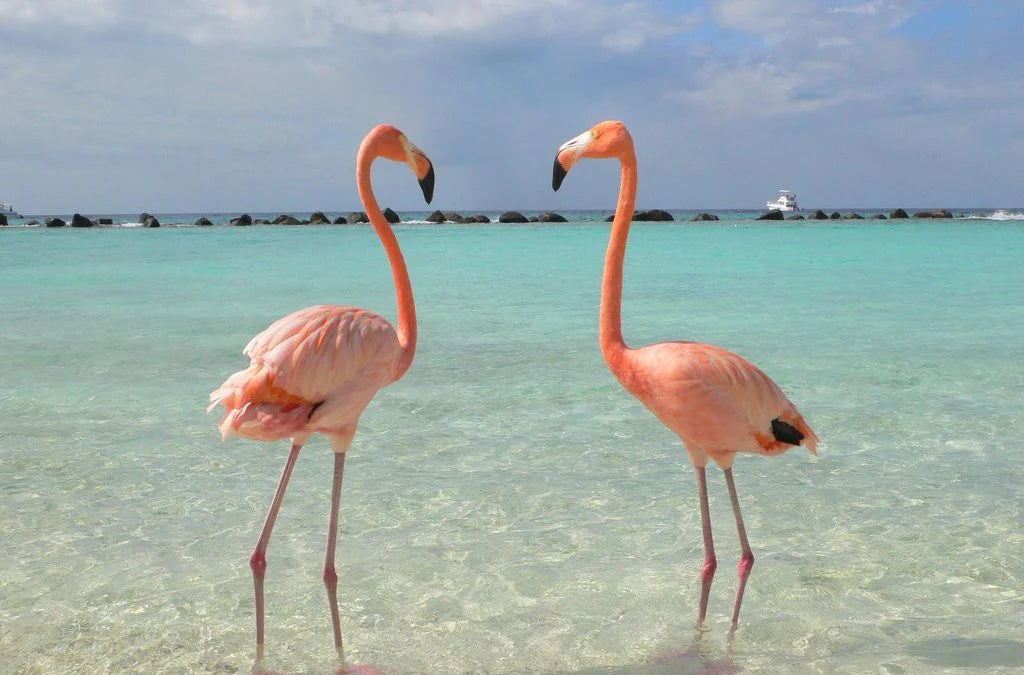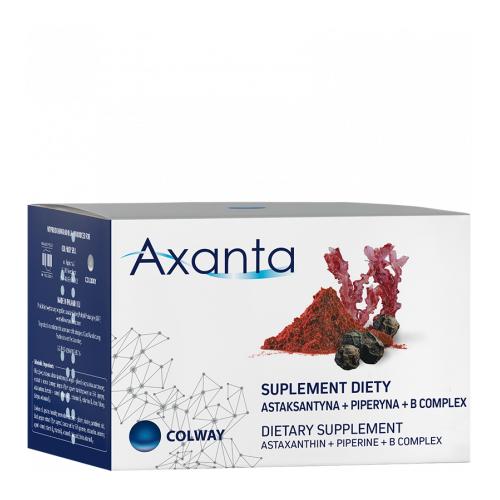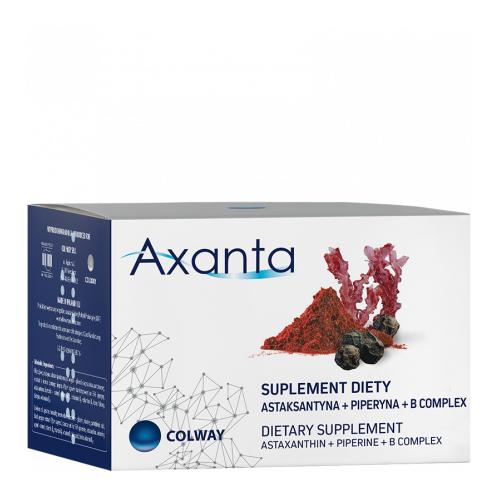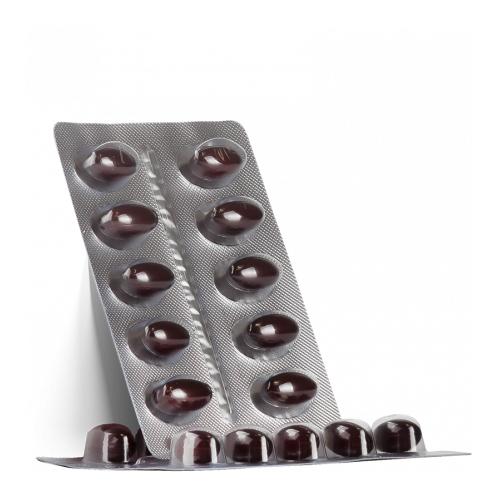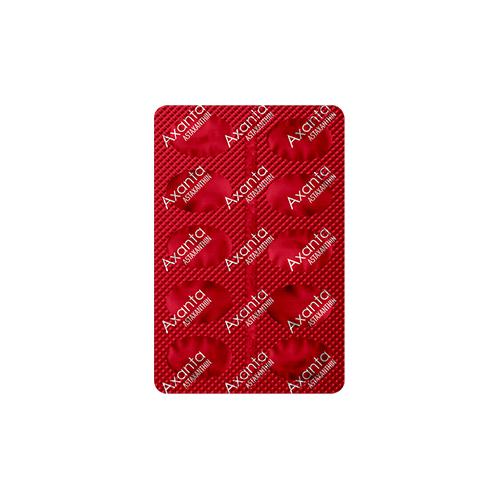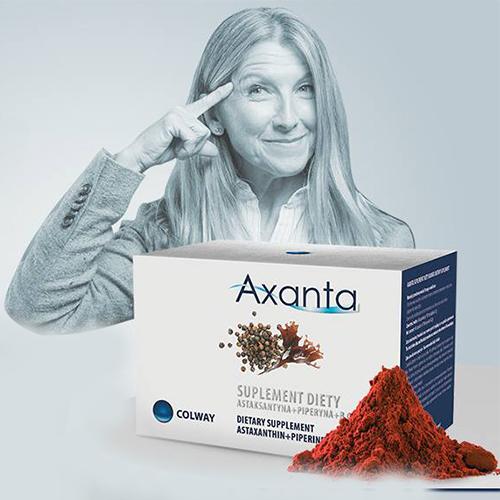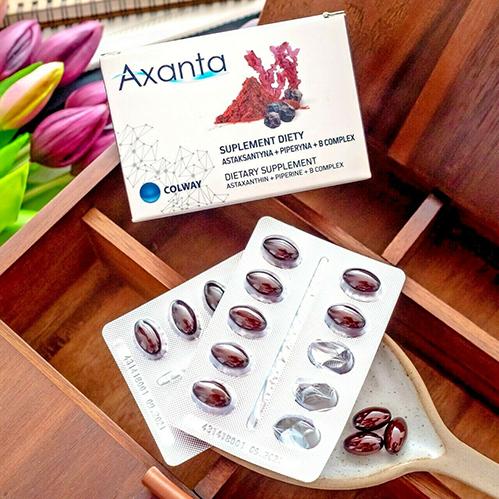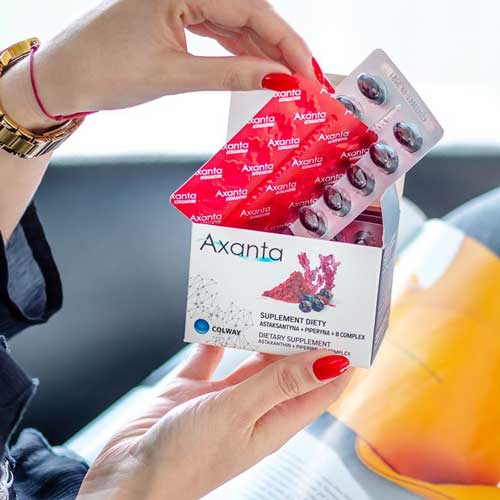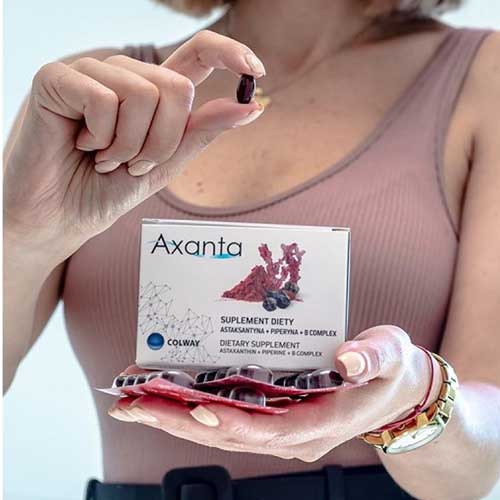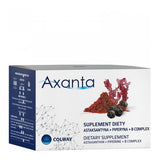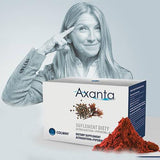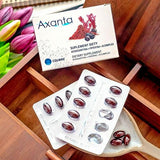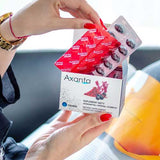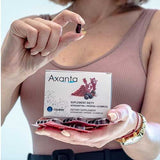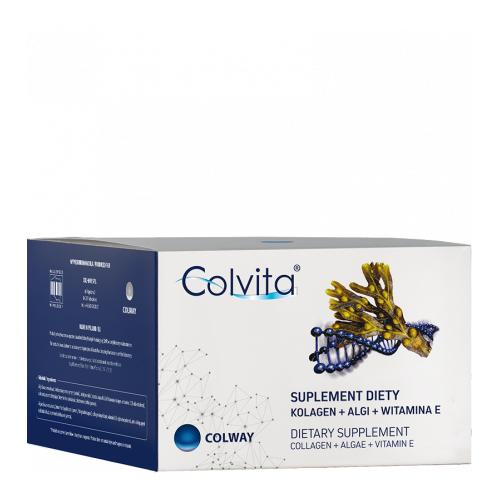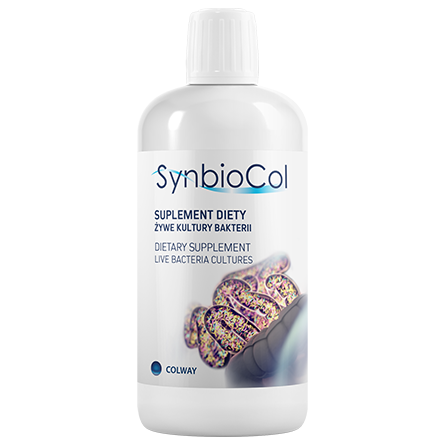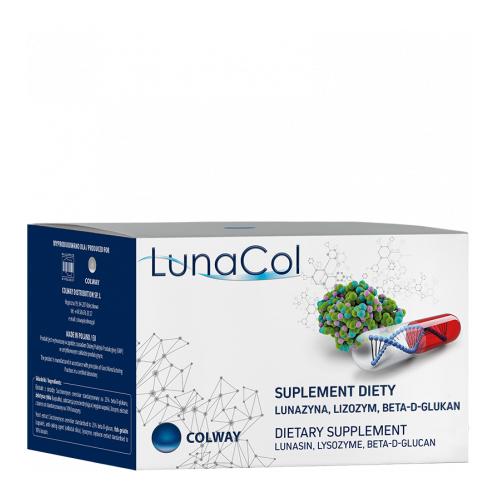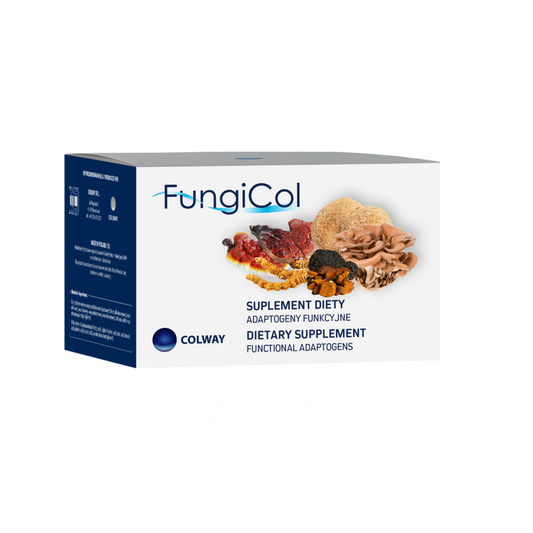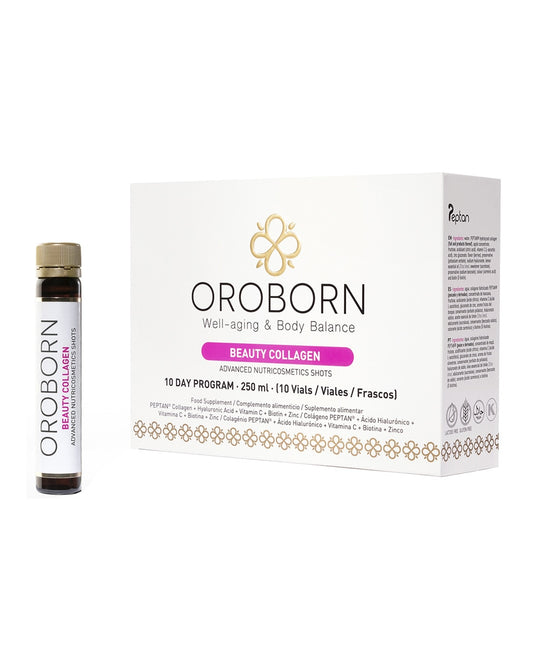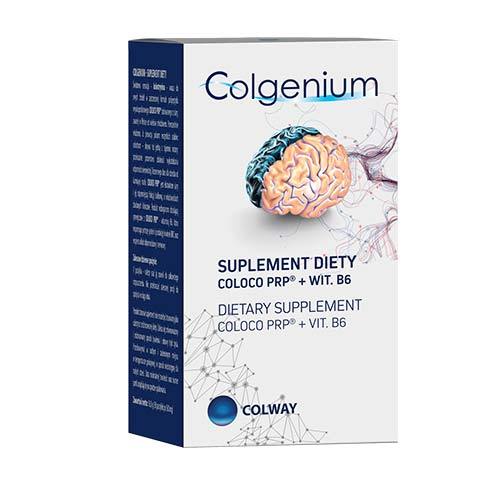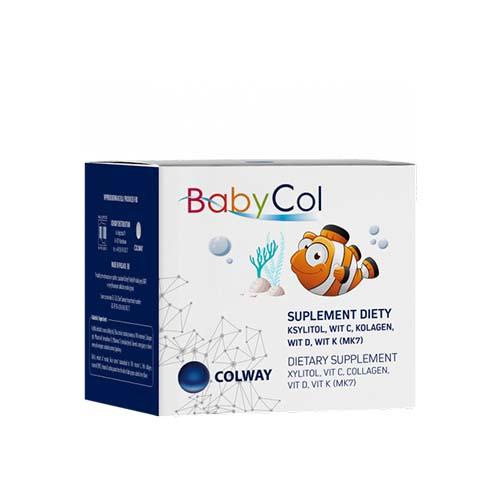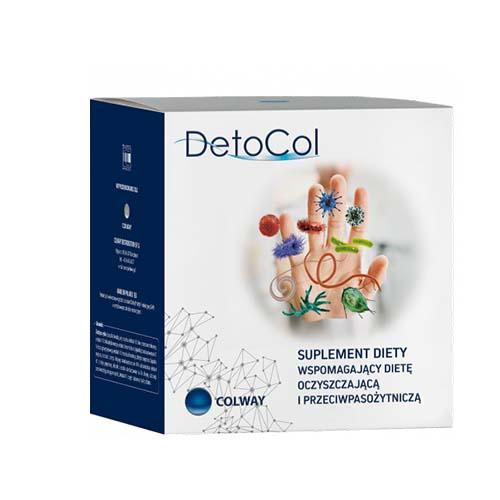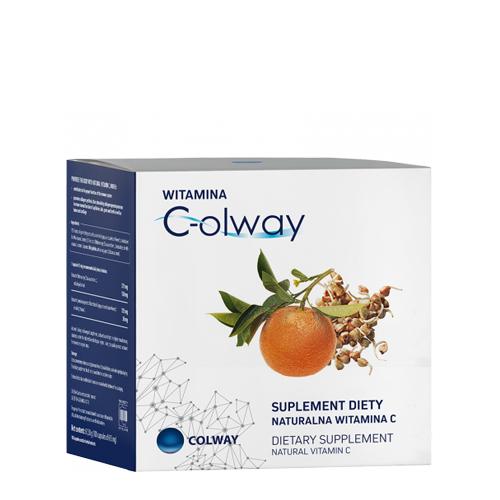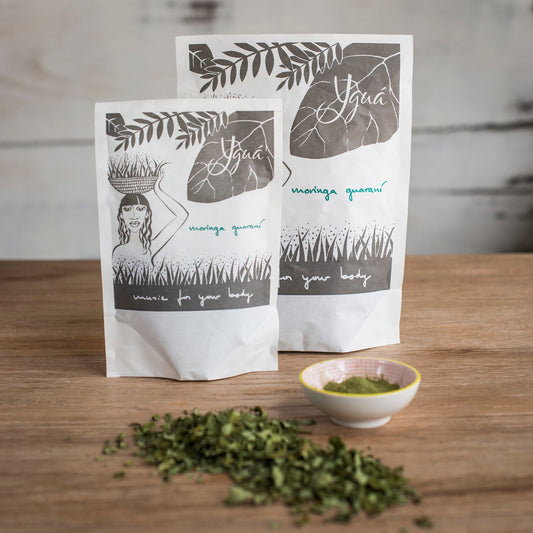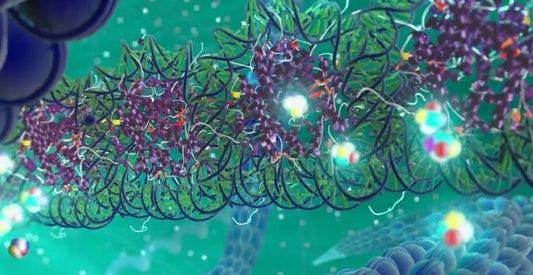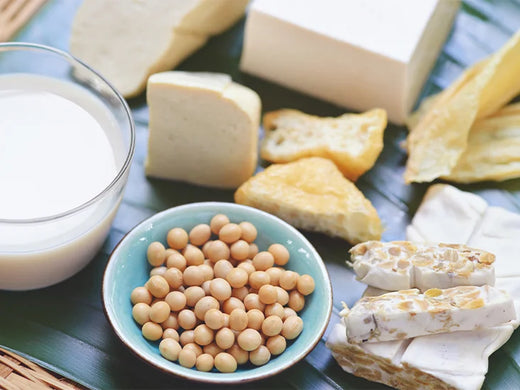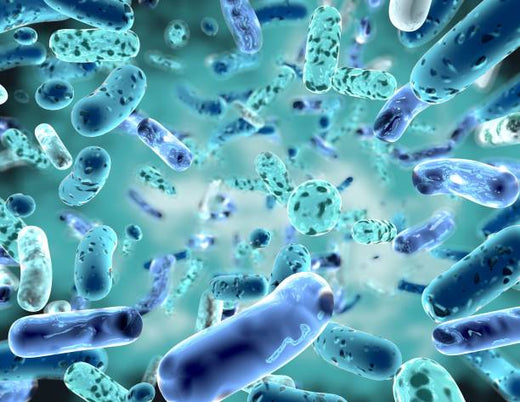Introduction
Astaxanthin is a potent carotenoid with numerous health benefits. It is often referred to as the "king of antioxidants" due to its exceptional strength in neutralizing damaging free radicals. In this article, we'll delve into the incredible possibilities of astaxanthin and explore its effects on our health and well-being. From its role in giving flamingos their vibrant pink color to its impact on human health, we'll uncover astaxanthin's hidden secrets.
Astaxanthin - That's why flamingos are so pink...
This knowledge is not common. Nobody distributes it. It is a pity...
Flamingos are known for their impressive pink feathers, which captivate our attention every time we see them. But have you ever wondered why flamingos are so pink? The answer is in astaxanthin. This powerful carotenoid is naturally present in the flamingo's diet, which consists mainly of algae and crustaceans. As flamingos consume these astaxanthin-rich organisms, the pigment is absorbed into their system and accumulates in their feathers, resulting in their characteristic pink hue.
Asanthine acts as a natural sunscreen for flamingos, protecting their delicate skin from the intense rays of the sun. It allows them to spend hours basking in the scorching sun near the Sahara, without experiencing ill effects. The astaxanthin in their bodies serves as a shield against singlet oxygen, the aggressive form of oxygen that damages cells and causes premature aging.
Astaxanthin - A superhero for human health
Ataxanthin is not only beneficial for flamingos, but also for us humans. Its powerful antioxidant properties make it a true superhero in the field of health and wellness. Let's explore the remarkable benefits that astaxanthin offers:
1. Improved skin health and anti-aging effects
Asanthantine has been shown to improve skin elasticity, reduce wrinkles, and promote a youthful appearance. By neutralizing free radicals and protecting against oxidative stress, astaxanthin helps prevent premature aging of the skin. Its powerful anti-inflammatory properties also contribute to a healthy complexion.
2. Improved eye health
Our eyes are constantly exposed to oxidative stress from factors such as UV radiation and blue light emitted from digital screens. Astaxanthin acts like a shield, protecting the delicate tissues of the eyes from damage caused by free radicals. It has been associated with a lower risk of age-related macular degeneration (AMD) and apologies for the oversight.
3. Supports Cardiovascular Health
Cardiovascular diseases are one of the leading causes of mortality worldwide. Astaxanthin has shown promising effects in promoting heart health. Helps reduce oxidative stress, inflammation, and LDL cholesterol levels while increasing beneficial HDL cholesterol. These actions contribute to a healthier cardiovascular system and a lower risk of heart disease.
4. Anti-inflammatory properties
Chronic inflammation is associated with various health problems, including arthritis, diabetes, and obesity. Astaxanthin possesses powerful anti-inflammatory properties that can help alleviate inflammation throughout the body. By reducing inflammatory markers and modulating immune responses, it helps maintain a balanced and healthy inflammatory state.
5. Improved Cognitive Function
As we age, cognitive decline becomes a concern for many. Astaxanthin has been studied for its potential to support brain health and cognitive function. It crosses the blood-brain barrier and accumulates in brain tissue, where it exerts its protective effects. The antioxidant and anti-inflammatory properties of astaxanthin help fight oxidative stress and neuroinflammation, promoting optimal brain function and potentially reducing the risk of neurodegenerative diseases.
6. Joint and muscle support
Astaxanthin's anti-inflammatory properties extend to joint and muscle health. It can help alleviate symptoms associated with conditions like arthritis and exercise-induced muscle damage. By reducing inflammation and oxidative stress in these tissues, astaxanthin may help maintain joint flexibility and reduce exercise-related muscle soreness.
Frequently Asked Questions (FAQs)
-
What is astaxanthin? Astaxanthin is a naturally occurring pigment and carotenoid found in various marine organisms. It is known for its powerful antioxidant properties.
-
How does astaxanthin benefit flamingos? Astaxanthin gives flamingos their vibrant pink color and acts as a natural sunscreen, shielding your skin from the sun's rays.
-
Can astaxanthin benefit human skin? Yes, astaxanthin can improve skin health by improving elasticity, reducing wrinkles, and protecting against premature aging caused by oxidative stress.
-
Is it safe to consume astaxanthin? Astaxanthin is considered safe for most people when taken in the proper doses. However, it is always advisable to consult with a health professional before starting any new supplement.
-
Can astaxanthin improve eye health? Yes, astaxanthin supports eye health by protecting the eyes from oxidative stress and reducing the risk of age-related macular degeneration.
-
Where can I find astaxanthin in my diet? Astaxanthin is naturally present in certain types of algae, as well as shellfish such as salmon, shrimp, and krill. It can also be obtained through dietary supplements.
Conclusion
Astaxanthin is a truly remarkable compound with a wide range of health benefits. From its role in giving flamingos their iconic pink color to its potential to improve human health, this carotenoid has captured the attention of researchers around the world. Its antioxidant, anti-inflammatory and protective properties make it a valuable addition to our daily health routine. Whether obtained through a balanced diet or as a supplement, astaxanthin offers a natural way to support our well-being and unlock the secrets of nature's wisdom.



















































































































